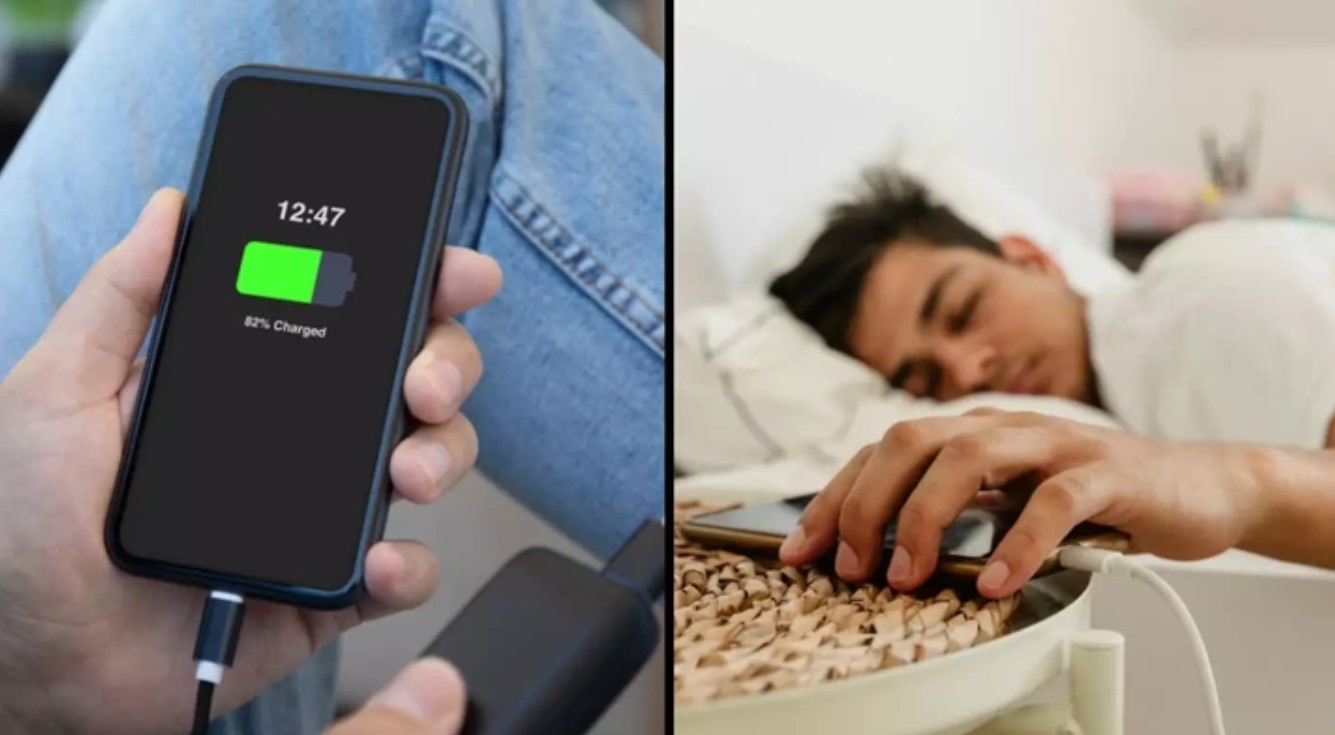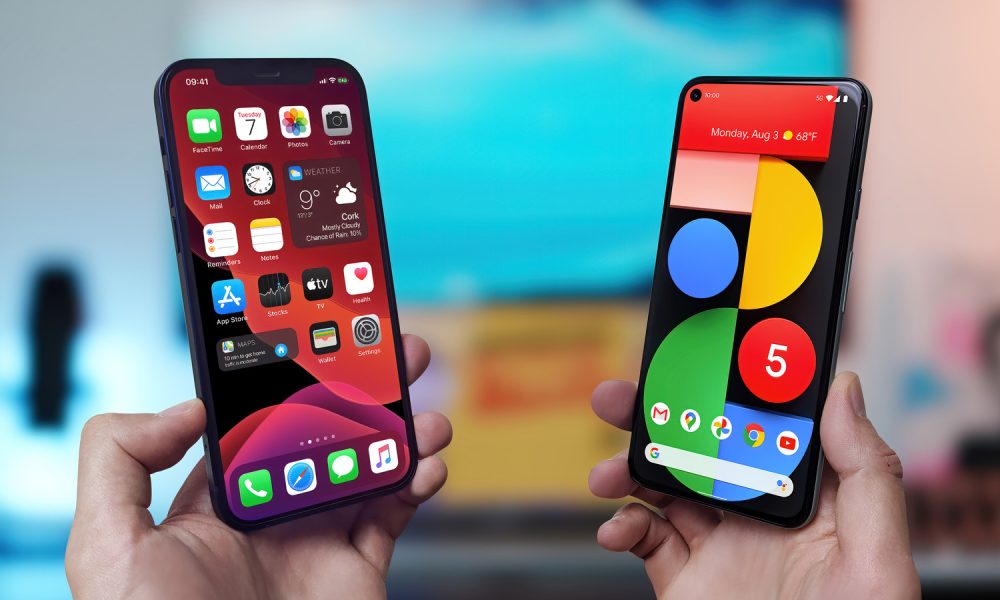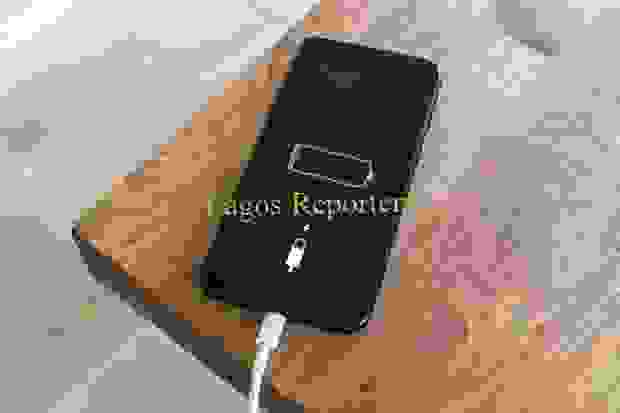For over a decade, iPhones made by Apple and smartphones made by Samsung have been engaged in an epic rivalry. These two technology giants have traded blows, one innovative product after another, in an effort to win over consumers. Let’s take a closer look at these two smartphone brands and what makes them unique.
iPhone
The iPhone was first introduced by Apple in 2007 and immediately revolutionized the mobile phone industry with its sleek design and innovative multi-touch screen. Over the years, Apple has released many new iPhone models, each more advanced than the last.
Design
iPhones are renowned for their premium design and build quality. The latest models like the iPhone 14 Pro feature stunning stainless steel and glass construction with flat edges for a modern, elegant look. The signature notch at the top houses the TrueDepth camera for Face ID facial recognition.
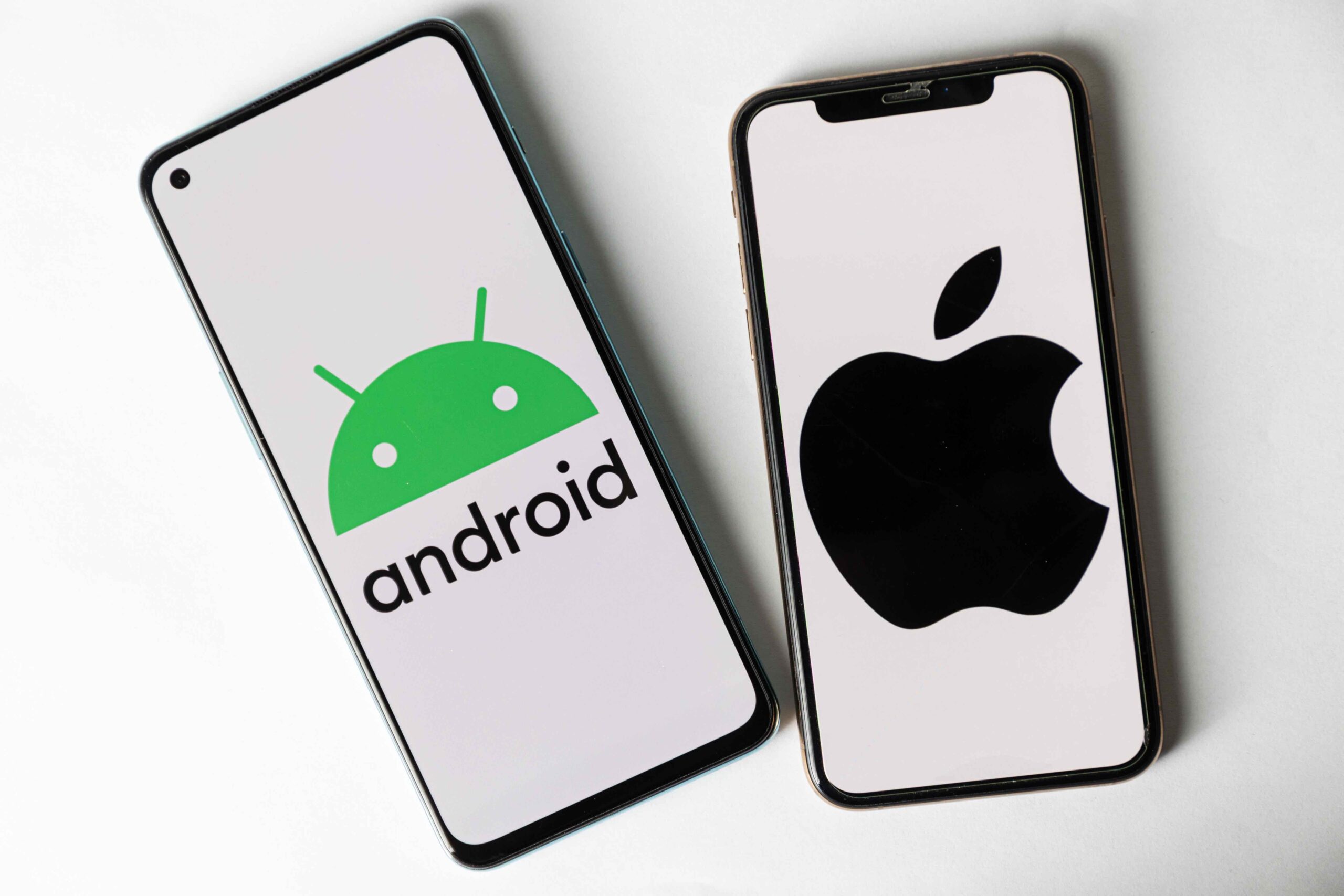
Display
Apple’s Super Retina XDR displays offer bright, vivid colors and crisp resolutions up to 6.7 inches. They utilize OLED technology for impressive contrast ratios and HDR support. The ProMotion technology provides a silky smooth 120Hz refresh rate.
Cameras
The multi-lens camera systems on new iPhones pack cutting-edge photography capabilities. You get ultra-wide, wide and telephoto lenses, along with advanced computational photography from the A-series bionic chips for stunning image and video quality.
Processing Power
Apple designs industry-leading processors like the A16 Bionic chip with a dedicated Neural Engine for machine learning and AI tasks. This allows iPhones to handle intensive processing for gaming, augmented reality and more.
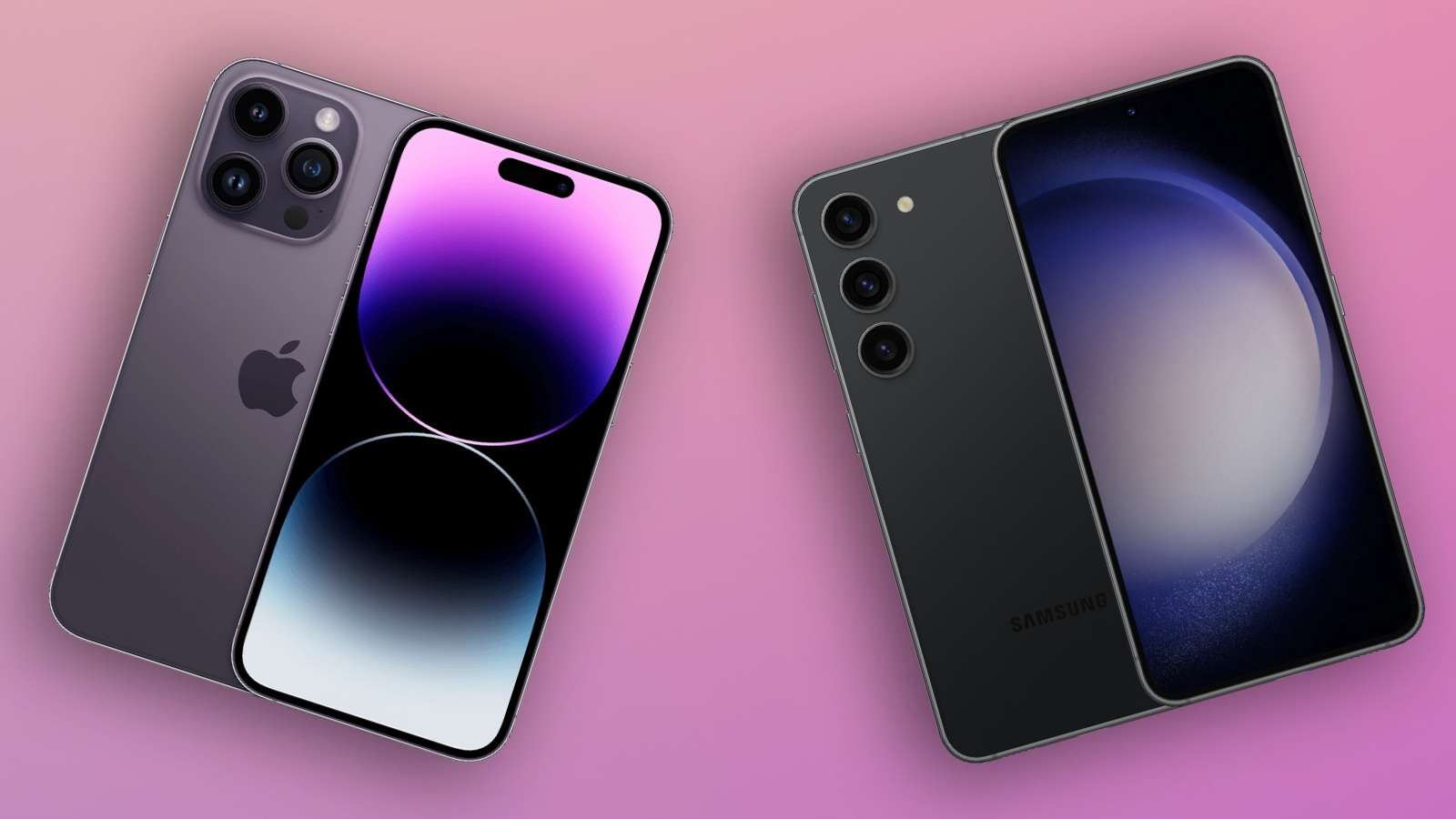
iOS Software
A key advantage of iPhones is the tight hardware and software integration. The iOS operating system delivers a simple, streamlined experience with smooth animations and intuitive gestures. It also gets frequent free updates with new features.
Privacy and Security
Apple puts a major emphasis on privacy and security with features like on-device AI processing to keep data secure. There are also robust parental controls and anti-tracking capabilities in Safari.
Ecosystem
iPhones integrate seamlessly with other Apple devices and services like AirPods, Apple Watch, iCloud, Apple TV, and more. This creates a convenient, cohesive experience across the Apple ecosystem.
Samsung Smartphones
While Apple started the smartphone revolution, Samsung emerged as its biggest rival, particularly in the Android space. Samsung has been consistently innovating with its Galaxy line of premium smartphones.
Design
Samsung’s latest Galaxy designs are visually stunning with curved edges, ultra-slim bezels and gorgeous color options. The Galaxy Z Fold and Z Flip offer unique foldable form factors. Overall build quality matches Apple’s high standards.
Displays
Samsung is the industry leader in display technology with its Super AMOLED panels. Infinite contrast, vivid colors and up to 120Hz variable refresh rates provide an immersive media experience on Galaxy smartphones.
Cameras
The multi-lens camera systems on Galaxy phones rival iPhone with features like 100x Space Zoom, night mode, portrait mode and advanced video recording capabilities like 8K. Some models even incorporate pro-grade camera sensors.
Processing Power
The latest Galaxy phones run on top-tier Qualcomm Snapdragon chipsets or Samsung’s own Exynos processors, providing immense power for demanding apps and 5G connectivity. Many models support 5G mmWave for blazing fast speeds.
 READ FULL STORY HERE>>>CLICK HERE TO CONTINUE READING>>>
READ FULL STORY HERE>>>CLICK HERE TO CONTINUE READING>>>
Android Software
Where iPhones use iOS, Samsung phones run on the Android operating system with Samsung’s One UI customizations. You get an abundance of customization options, advanced multitasking and support for Google’s apps and services.
Extended Features
Samsung smartphones frequently incorporate extra hardware features lacking on iPhones like high refresh rate displays, in-display fingerprint sensors, stylus pens, expandable storage and reverse wireless charging for accessories.
Ecosystem
While not as tightly integrated as Apple, Samsung smartphones can connect to other Samsung products like Galaxy Buds, Galaxy Watch, Galaxy tablets and smart home devices. You also get cross-compatibility with Microsoft 365 and Windows apps.
Both the iPhone and Samsung Galaxy lines represent the pinnacle of smartphone technology, but they take slightly different approaches. iPhones emphasize premium design, performance and a simplified user experience while Samsung provides a more open, flexible and feature-rich environment.
Ultimately, the choice between iPhone or Samsung often comes down to personal preference. Do you value tight hardware/software integration and a streamlined ecosystem? Or do you prefer more customization and advanced hardware capabilities with the vast Android app selection?
Similarities
Despite their fierce rivalry, there are some key areas where iPhones and Galaxy devices are quite similar:
Premium Design: Both brands deliver impeccably crafted hardware with gorgeous metal and glass designs
High-End Cameras: The multi-lens camera systems can produce stunning photos and videos
Powerful Processors: The latest A-series and Snapdragon chips offer uncompromising performance
5G Connectivity: All the latest models support blazing-fast 5G networks
Durable Screens: The displays utilize tough, scratch-resistant materials like ceramic shield
Face and Fingerprint ID: Both devices offer secure biometric authentication options
Water Resistance: With IP68 water resistance, they can survive splashes and brief submersion
Wireless Charging: No more annoying cables with Qi wireless charging support
Key Differences
While the two are more alike than ever before, some key differences still remain:
Operating System: iPhone uses iOS while Samsung phones run Android with One UI customizations
Default Apps: iPhones have Apple’s curated apps while Galaxy devices come with Google apps
App Store: Apple has tighter app review while Google Play has fewer restrictions
Customization: iPhones are more rigid while Samsung offers extensive customization options
Hardware Extras: Samsung tends to include extra features like S-Pens, storage expansion, etc.
AI and Privacy: Apple puts more focus on on-device AI processing and anti-tracking features
Making the Choice
When it comes to choosing between iPhone or Samsung for your next smartphone, here are some important factors to consider:
Prioritize what’s most important: Do you want intuitive simplicity or customizability? A closed ecosystem or open environment? More privacy controls or wider hardware capabilities? Narrow your focus to your must-have features.
Evaluate the ecosystem: If you already use a lot of Apple/Google/Microsoft services, it may make sense to choose a device that integrates seamlessly with that particular ecosystem. It provides a cohesive experience.
Scrutinize budgets and deals: High-end iPhones are typically more expensive than premium Galaxy phones, but Samsung offers more mid-range options. Look out for carrier deals and promotions too.
Test them out in person: If possible, go hands-on with demo units at a store to get a feel for the hardware design, display quality, and how intuitive the user interface is for your needs.
The bottom line is that Apple and Samsung make fantastic smartphones that continue pushing each other with must-have innovations year after year. By evaluating your specific needs and priorities, you can pick the one that will serve you best.

 IN-THE-NEWS11 months ago
IN-THE-NEWS11 months ago
 SPORTS8 months ago
SPORTS8 months ago
 HEALTH & LIFESTYLE10 months ago
HEALTH & LIFESTYLE10 months ago
 SPORTS11 months ago
SPORTS11 months ago
 IN-THE-NEWS11 months ago
IN-THE-NEWS11 months ago
 METRO8 months ago
METRO8 months ago
 SPORTS10 months ago
SPORTS10 months ago
 IN-THE-NEWS11 months ago
IN-THE-NEWS11 months ago




